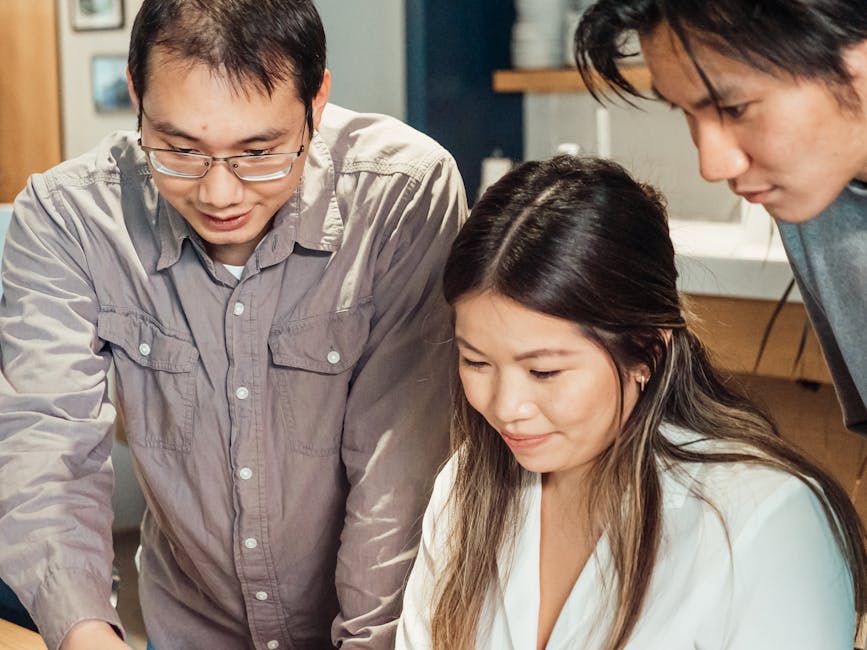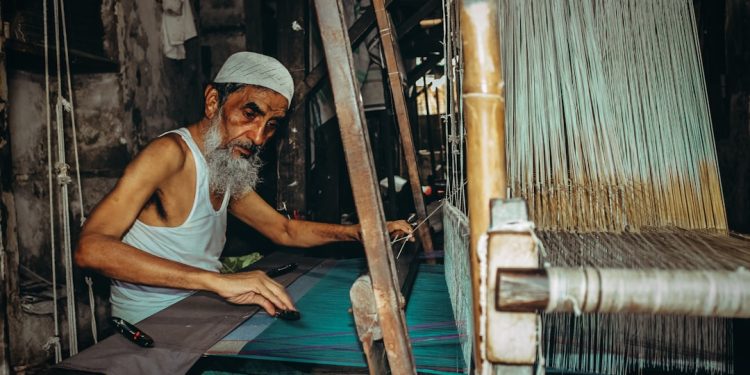No products in the cart.
Unlocking Opportunities: Indian Workers and Saudi Arabia’s Vision 2030
As Saudi Arabia embarks on its Vision 2030 journey, Indian workers have a golden chance to tap into burgeoning job opportunities. This analysis delves into the potential and challenges ahead.
In the heart of the desert, a transformation is underway. Saudi Arabia’s Vision 2030 is not just a plan; it’s a bold blueprint for a new future. The kingdom aims to diversify its economy, reduce its dependency on oil, and create millions of jobs. For many, especially Indian workers, this represents a tantalizing opportunity.
With over 2.7 million Indian expatriates already in Saudi Arabia, the Indian workforce is poised at the brink of this evolution. The mega-projects under Vision 2030, such as NEOM, the Red Sea Project, and Qiddiya, promise not just jobs, but careers that could redefine lives. According to the Saudi Ministry of Human Resources and Social Development, the country anticipates the creation of 1.2 million jobs in the next few years alone, of which a significant portion could be filled by skilled foreign workers.

To understand how Indian workers can tap into these opportunities, one must first grasp the essence of Vision 2030. Launched in 2016, this initiative is a clarion call for modernization and economic diversification. It aims to transform Saudi Arabia into a global investment powerhouse, enhancing sectors such as tourism, entertainment, and technology. The kingdom is rolling out the red carpet for foreign professionals, especially those with skills in engineering, information technology, and healthcare.
The allure of high-paying jobs and the chance to work on groundbreaking projects attract a flood of talent. Take, for instance, the story of Sarita Mehta, a 28-year-old engineer from Pune. After hearing about opportunities in NEOM, she made the leap, trading her quiet life in India for the bustling landscape of Saudi Arabia. “I wanted to be part of something big,” Sarita shares. “NEOM isn’t just a project; it’s a vision for the future.” Her journey exemplifies the aspirations of many young professionals eager to carve their niche in the global arena.
The kingdom is rolling out the red carpet for foreign professionals, especially those with skills in engineering, information technology, and healthcare.
However, the path is not without its challenges. Cultural differences, language barriers, and the complexities of navigating the job market can be daunting. Many Indian workers may find themselves grappling with homesickness or feeling out of place in a new environment. Yet, for those who embrace adaptability, the rewards can be significant.
Moreover, the Saudi government is keenly aware of the need for a skilled workforce. Programs aimed at upskilling local and foreign workers are being implemented, with a focus on fostering innovation and entrepreneurship. For Indian workers, this means not just job openings, but training opportunities that can enhance their careers. The introduction of AI in various sectors is also reshaping job profiles, demanding a new set of skills and competencies.
As AI continues to evolve, the demand for tech-savvy professionals is skyrocketing. The World Economic Forum predicts that by 2025, over 85 million jobs could be displaced by the shift to automation, but at the same time, 97 million new roles may emerge, particularly in tech and sustainability fields. This shift presents a unique opportunity for Indian workers to position themselves advantageously by acquiring relevant skills. [1]
For instance, companies in Saudi Arabia are investing heavily in AI and advanced technologies to streamline operations and enhance productivity. This investment creates a fertile ground for Indian tech professionals who can bring innovative solutions to the table. Yet, to seize these opportunities, individuals must be proactive. Networking, continuous learning, and staying informed about industry trends are essential strategies for success.
The global nature of work today also means that Indian workers are not just competing with their peers back home but with talents from around the world. This competition fosters an environment of excellence, pushing individuals to refine their skills continually. As Sarita puts it, “I’ve learned to adapt quickly. The competition is fierce, but it drives me to improve every day.”
Networking, continuous learning, and staying informed about industry trends are essential strategies for success.
Looking ahead, as Saudi Arabia forges ahead with Vision 2030, the landscape of job opportunities will continue to evolve. For Indian workers, this is a clarion call to embrace change, harness their skills, and venture into uncharted territories. The promise of a better future is not just a dream—it’s a reality within reach. The key lies in preparation, adaptability, and a willingness to seize the moment.
In conclusion, the journey ahead is laden with potential. The fusion of ambitious projects, a diverse workforce, and technological advancements paints a promising picture for Indian workers. As they take their steps into this brave new world, they are not just building careers; they are contributing to a legacy of growth and innovation that will resonate far beyond the sands of Saudi Arabia.











